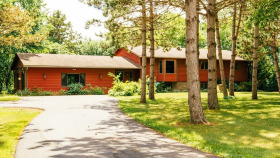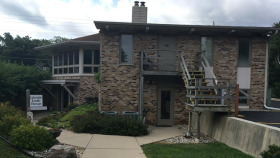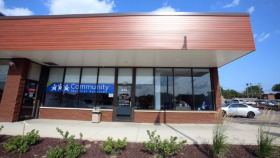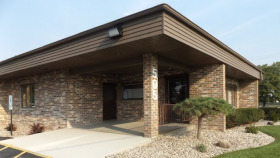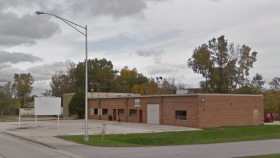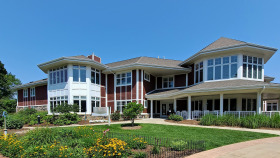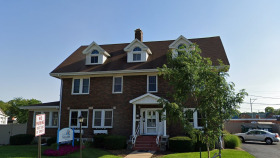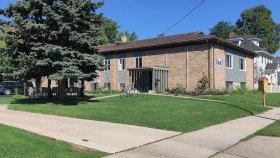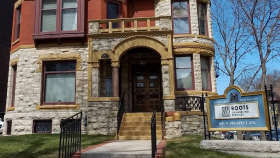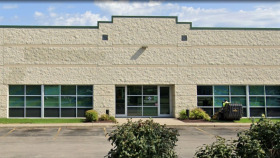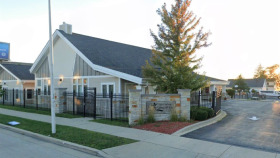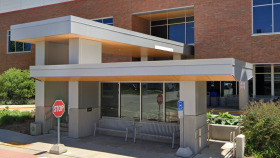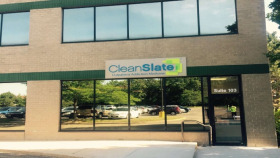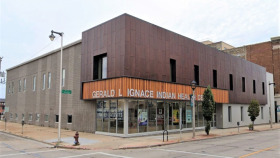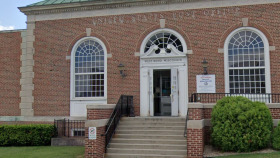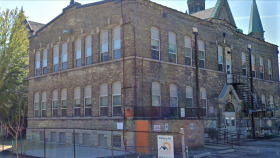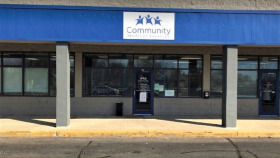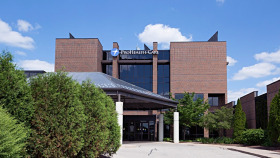Expert Insights
According to the Wisconsin Department of Health, in 2023 more than 63% of Wisconsin adults were alcohol consumers, and 25%, were binge drinkers, the highest percentage in the nation.
For people who have been drinking for a long time or who are binge drinkers, detoxification is often a necessary first step toward sobriety. To avoid withdrawal complications and increase comfort, FDA-approved medications may be needed during the detox process.
As a psychotherapist, I encourage equally recognizing the importance of post-detox alcohol disorder treatment, such as counseling, relapse prevention skills development, life skills training, and peer recovery support.
The good news is that these critical services are widely available across the state of Wisconsin. With more than 500 inpatient and outpatient rehab facilities and more than 150 detox programs, affordable and accessible care is truly within reach.
~ Rita Milios, LCSW, SAP
How Much Does Drug Rehab Cost in Wisconsin?
Wisconsin is ranked 19th nationwide in terms of addiction treatment affordability, with an average cost of drug and alcohol rehab of $56,625 (without insurance).
- Medical detox is the most expensive, with an average cost of $139,601
- Long-term inpatient drug rehab in Wisconsin costs an average of $49,968
- Outpatient addiction treatment in Wisconsin costs an average of $8,303
- Outpatient methadone treatment is the most affordable, with an average cost of $7,377
The cost of alcohol and drug rehab in Wisconsin depends on several different factors. Of course, the type of treatment program needed will arguably be the most prominent factor when it comes to pricing.
When it comes to figuring out a budget for potential Wisconsin drug rehabs, here are the things you’ll need to consider:
- The type of treatment you’ll need: Will you need residential treatment or outpatient care?
- The length of the treatment program: This can range anywhere from 30 to 90 days—longer if your substance use condition is severe.
- The amenities that are offered: Amenities range from necessities to luxury-style accommodations, which can alter costs significantly.
- The location: Costs may vary significantly from the mountains, beaches, or metropolitan areas.
- Insurance coverage: Whether or not you have insurance that covers drug and alcohol rehab in Wisconsin.
- Financial assistance: Whether or not you’re eligible for state funding, scholarships, or financing plans.
Keep in mind that cost doesn’t have to be a barrier to high-quality addiction treatment. There’s a drug and alcohol rehab in Wisconsin for all levels of income; you just have to do a little digging to find them.
How to Pay for Drug Rehab in Wisconsin
As of 2024, there were over 330 drug rehab facilities across the state of Wisconsin. These facilities accept several payment methods. Of those treatment facilities, the following numbers reflect how many accept their respective payment methods:
Poverty, homelessness, and unemployment can make addiction treatment feel impossible, but there are free and low-cost options that make addiction treatment accessible. In addition to free treatment opportunities, you have other options that can help reduce your expenses, including deductibles, copays, and coinsurance.
Private Pay + Insurance
Two federal laws regulate coverage for mental health conditions and substance use disorders, with some exceptions. Many commercial health insurance policies cover these benefits as do all health insurance policies offered in the Health Insurance Marketplace. It is crucial to verify your health insurance coverage before beginning treatment.
Some people choose private pay or self pay instead of using their commercial health insurance policy. This helps reduce the potential your employer will discover you received addiction treatment. Some treatment centers offer payment plans to help reduce your immediate cost. Following is a list of health insurance providers in Wisconsin.
- Anthem Blue Cross and Blue Shield
- Aspirus Health Plan
- Common Ground Healthcare Cooperative
- Dean Health Plan, Inc.
- Group Health Cooperative of South Central Wisconsin
- HealthPartners
- Medica
- MercyCare Health Plans
- Molina Healthcare
- Network Health
- Quartz
- Security Health Plan
- Together with CCHP
- UnitedHealthcare
Medicaid
Medicaid is a state and federally funded health program for individuals who meet the financial criteria. Eligibility requirements include being a U.S. citizen or qualified immigrant, having a current Social Security number, being a resident of Wisconsin, and meeting income level requirements. According to the Wisconsin Examiner, the state is one of 10 states that hasn’t accepted the full expansion of the Medicaid program. This means residents must meet stricter income eligibility requirements.
ACCESS is the Medicaid program in Wisconsin and is administered by the Wisconsin Department of Health Services. The ACCESS program helps you find financial help for more than Medicaid. Benefits also include child care costs, help finding a job, or building your career skills.
Medicare
Medicare is a federally funded health program designed primarily for men and women over age 65. Some people with specific health conditions who are younger may also qualify. Original Medicare is in two parts. Part A covers inpatient care and Part B covers outpatient care and doctor’s visits. Medicare meets the qualifications for coverage of essential healthcare services, including mental health and substance use disorder treatment.
Roughly 1.27 million people living in Wisconsin are enrolled in Medicare and nearly 55% are enrolled in Medicare Advantage plans. Medicare Advantage plans are also called Part C. They are premium based, managed care policies sold by private health insurance companies. The policies coordinate care between Original Medicare Parts A and B, and sometimes offer additional benefits that include coverage for substance use disorders and mental health conditions.
Military Insurance
The U.S. Military provides healthcare programs for active duty and retired service members, their families, National Guard, and Reserve members and their families. The insurance program is called TRICARE and it coordinates the healthcare resources of the military health system, including hospitals and clinics within the Veterans Administration and a network of civilian facilities and healthcare professionals.
TRICARE provides healthcare worldwide to military personnel and veterans. To keep this organized, the program manages healthcare in three regions. Two of the regions are located in the U.S. Wisconsin is found in the East Region and managed by Humana Military. Military personnel may also qualify for VA health care coverage, which also includes treatment for substance use disorder.
Tribal Funding and Programs
There are 11 federally recognized tribes within the Wisconsin border and several other non-federally recognized tribes. Each has a government to government relationship with the state. The Substance Abuse and Mental Health Services Administration provides Tribal Opioid Response Grants, including tribes in Wisconsin. The grants are used to provide treatments, develop prevention programs, and support recovery services using culturally competent programs.
According to Wisconsin Grant Watch, there are 45 Wisconsin grants for substance abuse treatment and prevention within the state, 10 of which are used for tribal entities to support substance abuse treatment, recovery, and education.
Other Low-Cost Options
Free rehabs in Wisconsin can help lower your expenses and make addiction treatment more accessible. Several other low-cost options can also help, including private loans from banks or friends and family, which offer the quickest way to receive treatment. Bank loans are typically more confidential, but loans from friends and family usually have a lower interest rate and a more agreeable payment plan.
Consider addiction treatment centers that offer payment plans and sliding scale fees. Most treatment centers that offer these options require documentation to prove your income level and ability to pay. Local businesses and organizations may offer grants and scholarships to help reduce your expenses and nonprofit faith-based and community-based programs may offer low or no fees. The options available will vary depending on geographical location and the treatment center.
Resources
- Wisconsin Department of Health Services. (2019, December 13). Substance Use: Drug Overdose Deaths Dashboard.
- U.S. Department of Health and Human Services. (2021, November 10). Mental Health and Substance Use Insurance Help.
- Elliott. (2013, May 13). Grants.
- Mansi Shah, & Huecker, M. R. (2019, June 4). Opioid Withdrawal.
- LGBT Substance Use—Beyond Statistics. (n.d.). SocialWorkToday.







